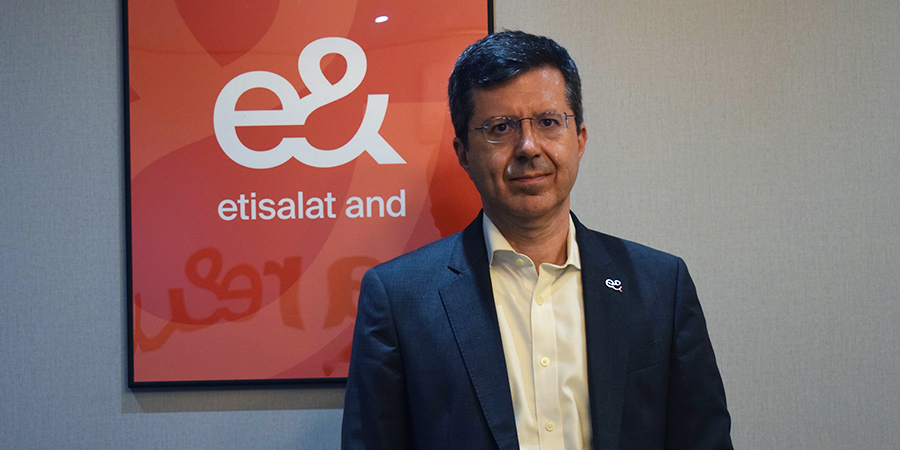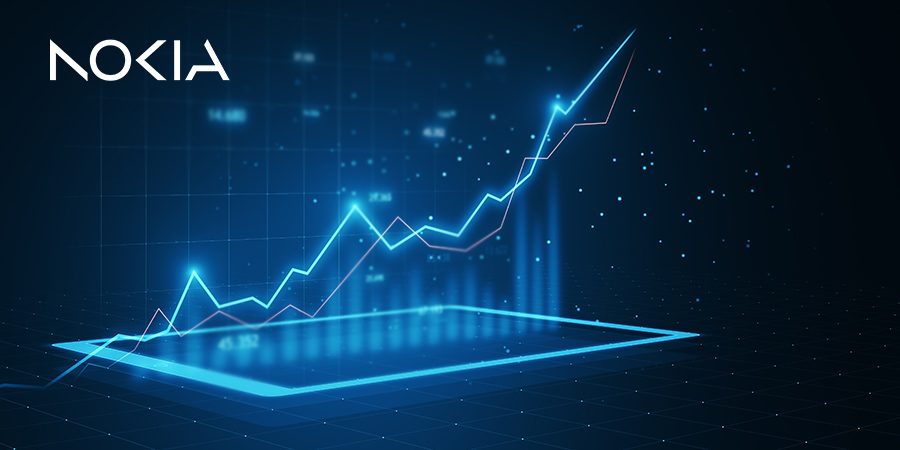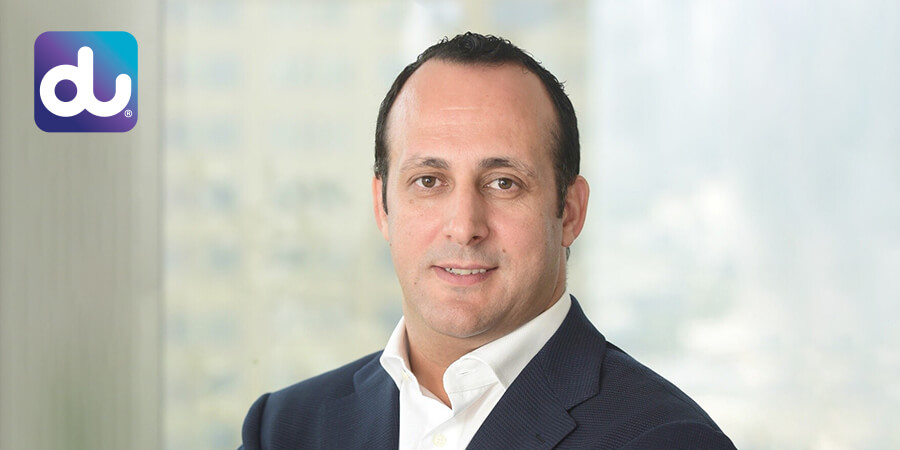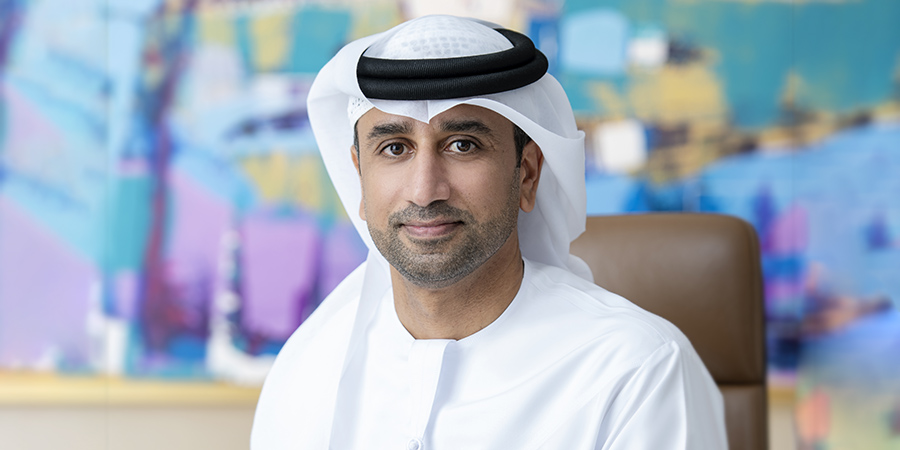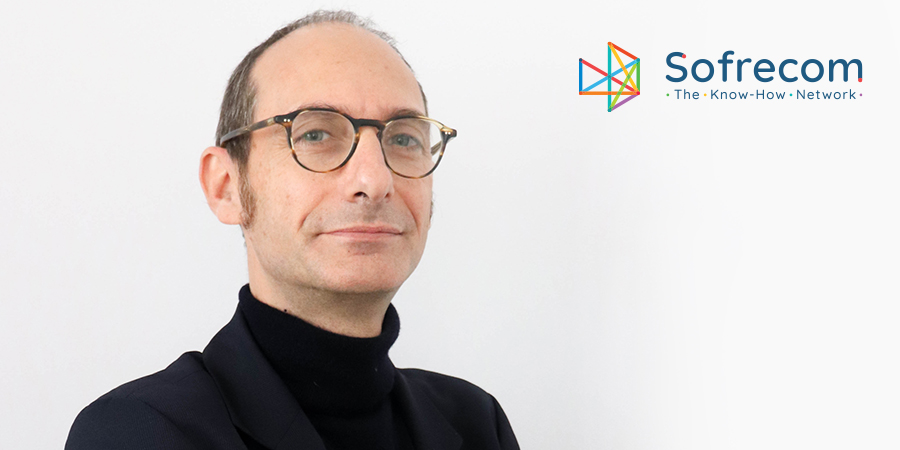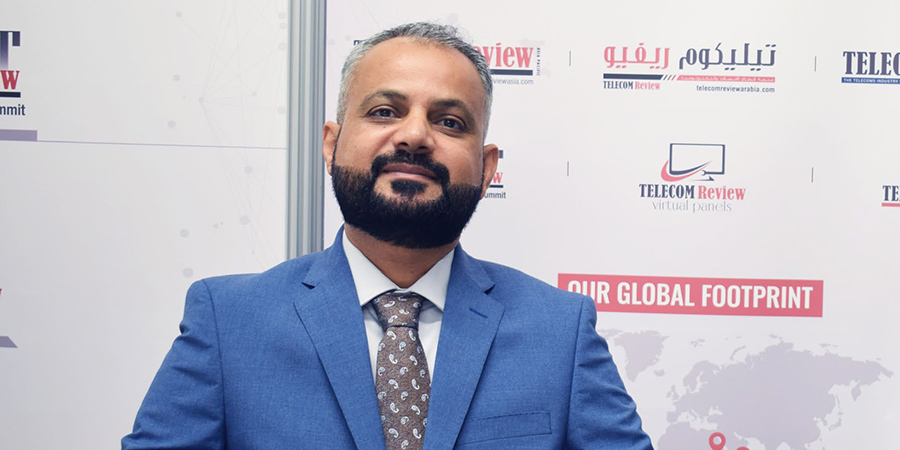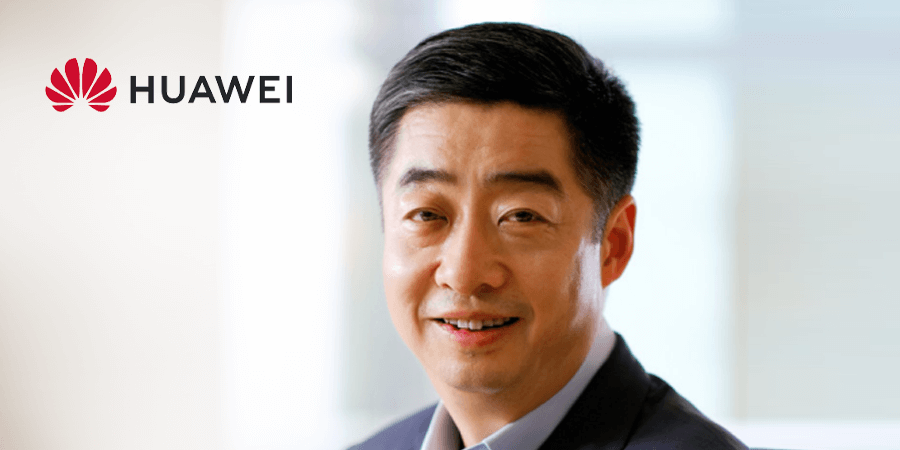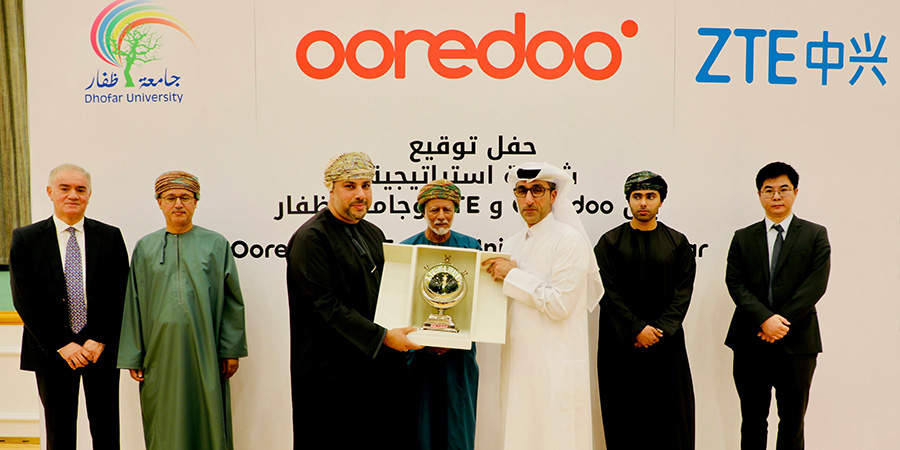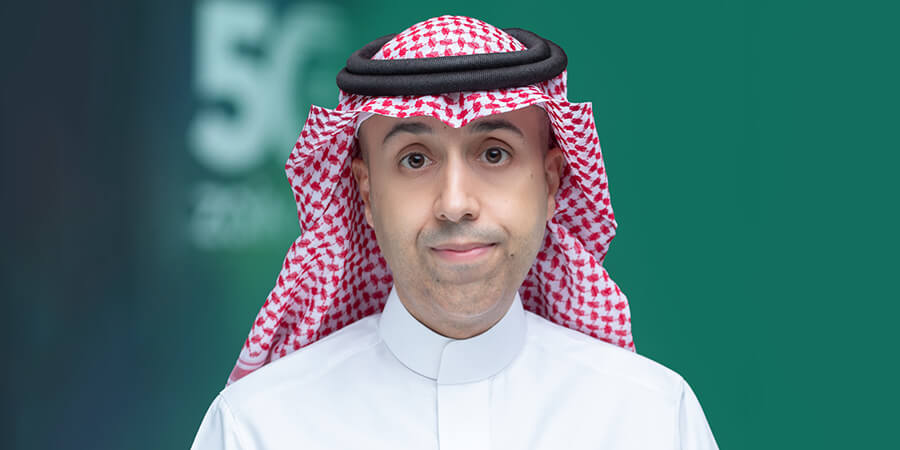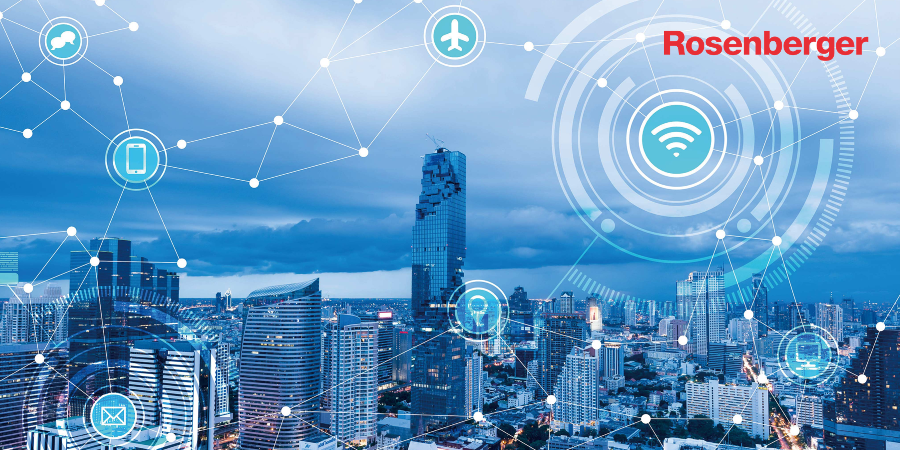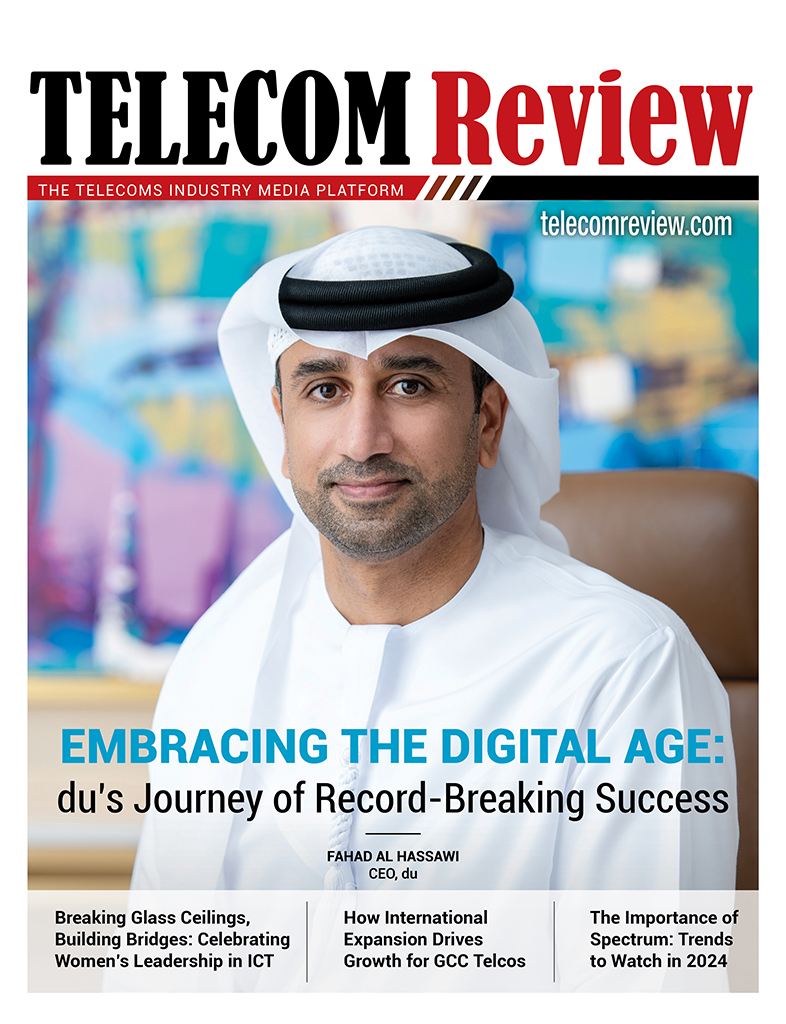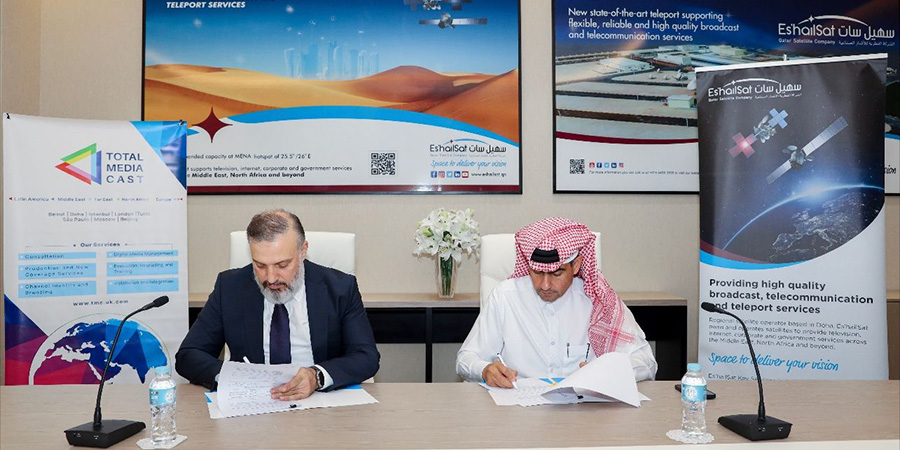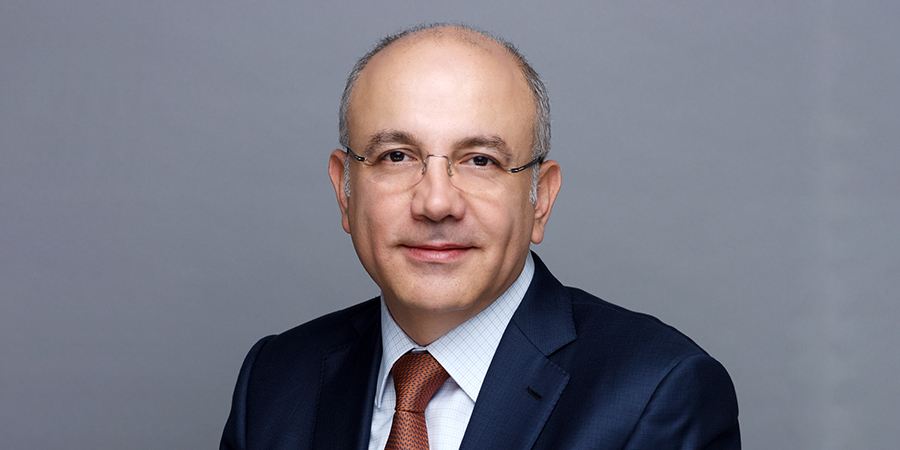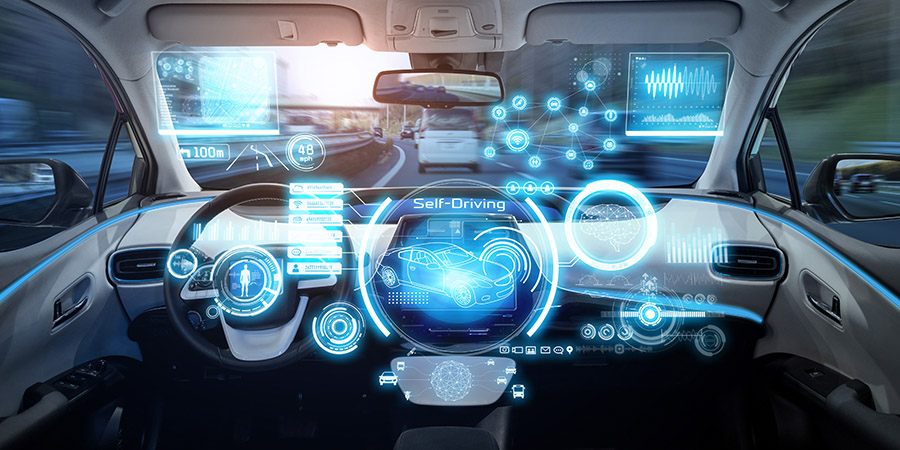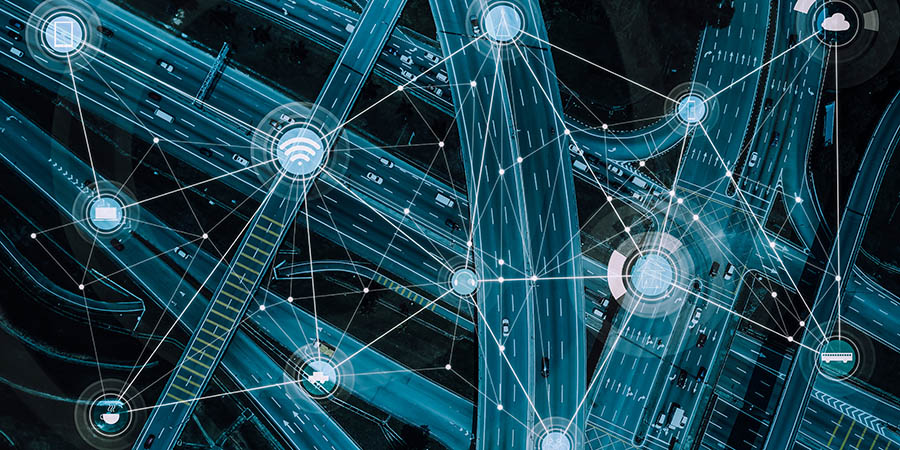More and more cities are installing surveillance cameras with sophisticated facial recognition software, but we don’t know much about all the collected data. Where is the data stored? Who has access? What is the criteria to use it? Is it in a safe place and in safe hands?
Governments own the data, but what is the role of the software companies, the cameras providers or even the government personnel? And who is controlling the whole process?
Is analyzing every person walking in the streets or in a public area, looking at their face expressions legal or not?
Cities like London deployed hundreds of thousands facial recognition cameras that follow people from one street to another, without proper regulations to protect the privacy and security of this data.
Chinese city Shenzhen is following the same trend, and the number of cameras using FR is increasing enormously. A Chinese friend even told me that in China, they will follow you from the airport to your hotel and in every street you take.
The more advanced the technology, the more we are losing our privacy, starting from the use of the social media to the downloaded apps in our mobiles giving authorization to app developers to access your personal information. And the worst part is that we “accept”, otherwise the app will not work.
Global regulations are urgently needed because our privacy is under threat.
The use of data collected from FR cameras, social media and apps should be protected in every country as the cyber world is now more “populated” than the real one!



